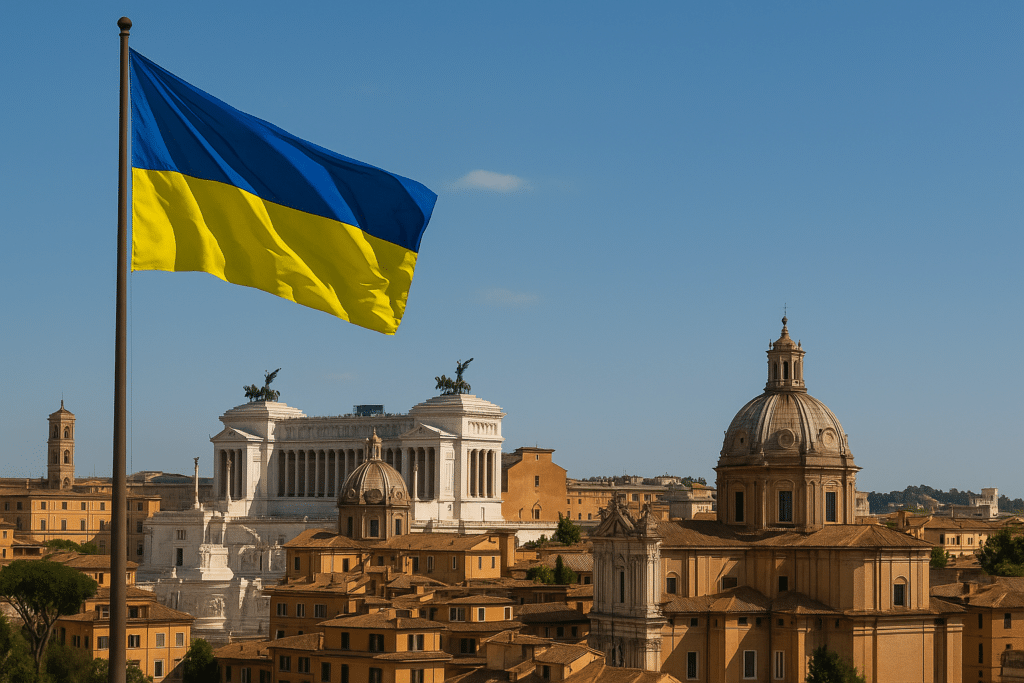
Ahead of the yearly UN Climate Change Conference in Katowice, the Florence School of Regulation is organising a workshop to brainstorm on how new forms of clean transport can contribute to the global transition to a low-carbon economy and, at the same time, address local issues of mobility and pollution.
Transport represents a major challenge for the European Union. As the population increasingly concentrates in urban areas, the need for more efficient and less polluting ways to move people and goods becomes urgent. Moreover, transportation has to evolve to contribute to the decarbonisation of our economies by the middle of this century. The electrification of cars and other vehicles is a promising option. However, market players, grid companies and public authorities must be aware of the far-reaching consequences that electromobility implies for the organisation and dynamics of electricity markets and systems.
The morning session of the workshop will address clean transport from the point of view of cities and companies offering mobility solutions. In the afternoon, the focus will move to the interactions between electromobility and the electricity system. Indeed, the deployment of millions of EVs poses both risks and opportunities that power generators, final consumers and grid operators will have to deal with.
The workshop is open to FSR donors, national regulatory authorities, EU institutions and national governments. Requests from others will be assessed on a case by case basis due to the limited seats available.

FSR Climate is delighted to announce the third International Conference on Ex-Post Evaluation of Emissions Trading on scheduled on Monday,…

On the eve of the Ukraine Recovery Conference, which will take place in Rome, Italy on 10-11 July, 2025, the…
To meet, discuss and learn in the channel that suits you best.